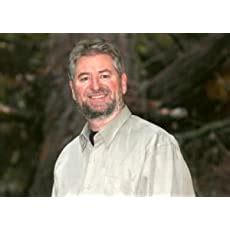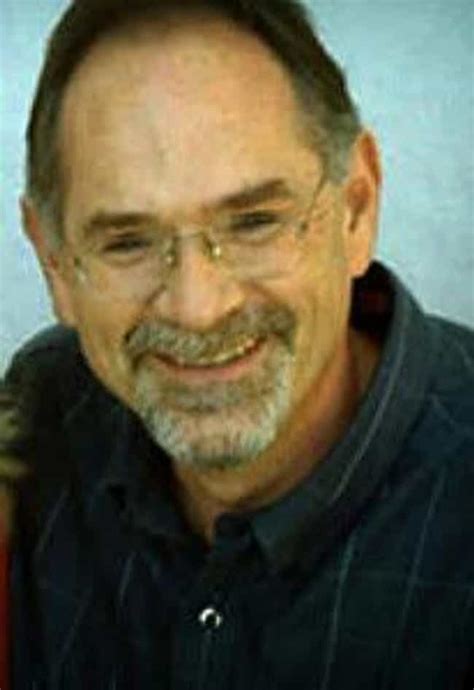A Quote by Rza
After knowledge comes wisdom. After wisdom comes understanding.
Quote Topics
Related Quotes
Wisdom and knowledge can best be understood together. Knowledge is learning, the power of the mind to understand and describe the universe. Wisdom is knowing how to apply knowledge and how not to apply it. Knowledge is knowing what to say; wisdom is knowing whether or not to say it. Knowledge gives answers; wisdom asks questions. Knowledge can be taught, wisdom grows from experience.
Wisdom cannot be imparted. Wisdom that a wise man attempts to impart always sounds like foolishness to someone else ... Knowledge can be communicated, but not wisdom. One can find it, live it, do wonders through it, but one cannot communicate and teach it.”
- Hermann Hesse, Siddhartha "We don't receive wisdom; we must discover it for ourselves after a journey that no one can take for us or spare us from.
WISDOM IS dependent upon knowledge. Where there is complete ignorance there can be no wisdom, no knowledge of the right thing to do. Man’s knowledge is comparatively limited and so his wisdom must be small, unless he can connect his mind with a knowledge greater than his own and draw from it, by inspiration, the wisdom that his own limitations deny him. Only God knows all truth; therefore only God can have Real wisdom or know the right thing to do at all times, and man can receive wisdom from God. Wisdom is obtained by reading the mind of God.
Wisdom is not developable, as if it's a matter of luck or personality or genetics. Well it's just not the case. Wisdom involves our accumulated knowledge about a subject but also a reverence for life, for an understanding that our immediate actions have long-term consequences, and for an appreciation that there are different ways of knowing and understanding situations.
A philosopher is a lover of wisdom, not of knowledge, which for all its great uses ultimately suffers from the crippling effect of ephemerality. All knowledge is transient, linked to the world around it and subject to change as the world changes, whereas wisdom, true wisdom is eternal, immutable. To be philosophical one must love wisdom for its own sake, accept its permanent validity and yet its perpetual irrelevance. It is the fate of the wise to understand the process of history and yet never to shape it.
Only in the West did a philosophy develop that was not only no longer the love of wisdom but went so far as to deny the category of wisdom as a legitimate form of knowledge. The result was a hatred of wisdom that should more appropriately be called ‘misosophy’ (literarily hatred of Sophia, Wisdom) rather than philosophy.
True poetry is born of scrutiny,
Scrutiny, the son of meditation,
Meditation, the son of lore,
Lore, the son of inquiry,
Inquiry, the son of investigation,
Investigation, the son of knowledge,
Knowledge, the son of understanding,
Understanding, the son of wisdom,
Wisdom, the son of surrender to the Divine Will
Thus it is with the poet himself: his art is powerful, protecting, elevating, and his judgement straight and strong




































